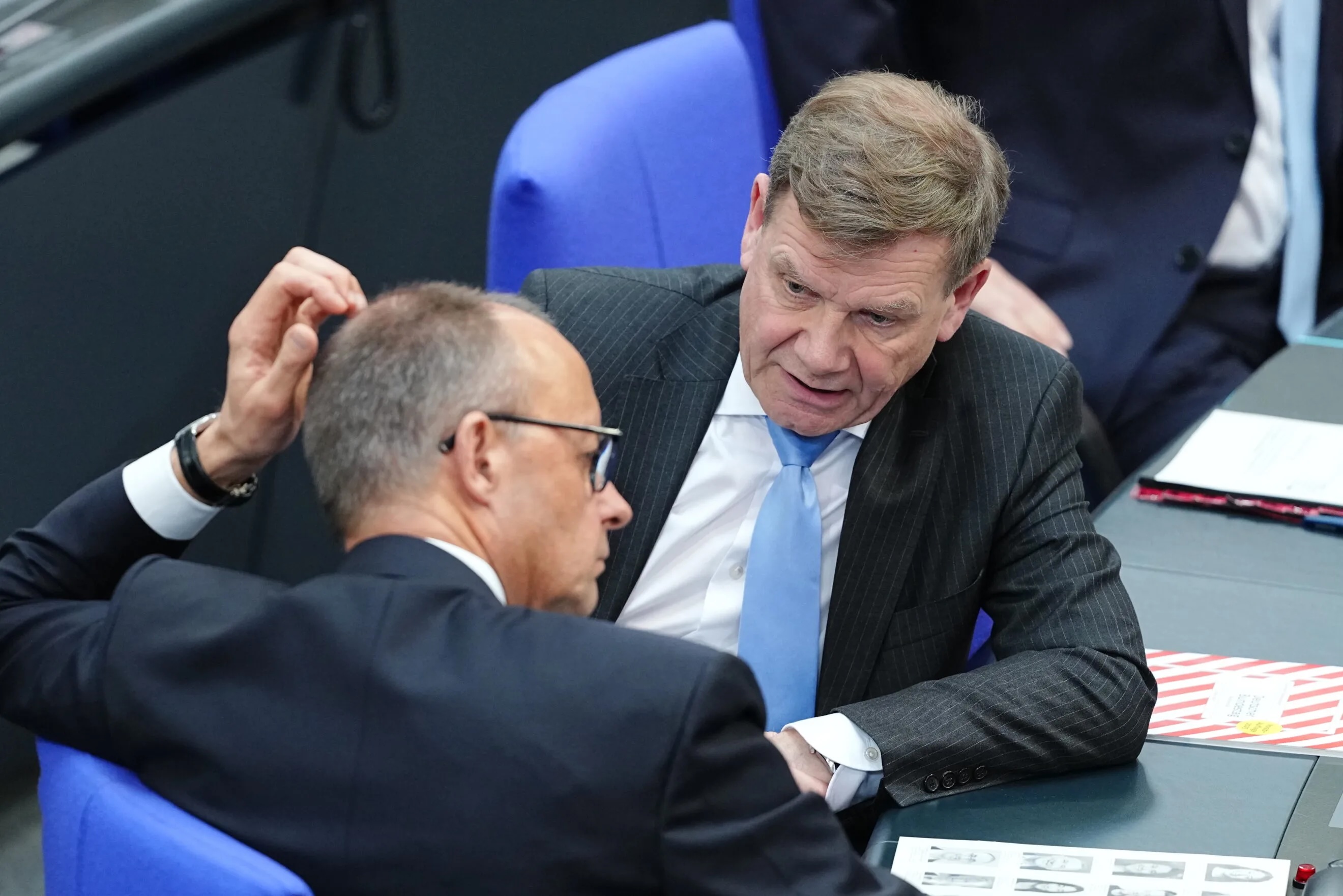New Chancellor, New Rules: Why Germany's Shift Could Shake the EU

Berlin, June 2025 – Germany is undergoing one of its most consequential political transitions in decades. On May 6, 2025, Friedrich Merz was formally sworn in as the new Federal Chancellor of Germany, following the collapse of the previous coalition government. The political shift has not only ushered in a new chancellor but also a redefined foreign policy vision under the leadership of Foreign Minister Dr. Johann Wadephul.
A Shift at the Helm: Chancellor Friedrich Merz
Friedrich Merz, a seasoned conservative politician, has long been a prominent figure within the Christian Democratic Union (CDU). Born in Brilon in 1955, Merz began his political career in the European Parliament before rising through the ranks of the Bundestag and holding key leadership roles within the CDU/CSU parliamentary group. His legal and economic expertise, shaped during his tenure with Mayer Brown LLP and the economic council of the CDU, has earned him a reputation as a pragmatic and disciplined leader.
After leading the CDU/CSU to victory in the February 2025 snap elections with 28.5% of the vote, Merz negotiated a grand coalition with the Social Democratic Party (SPD), despite the latter’s historic low of 16.4%. His ascension to the chancellorship marks the return of a more conservative governance style, after years of center-left leadership under Olaf Scholz.
Merz’s leadership has already signaled a decisive turn toward fiscal discipline, national security, and administrative reform. Among his most ambitious policy moves is a constitutional amendment authorizing €1 trillion in investment—€400 billion in defense spending and €500 billion earmarked for infrastructure and green energy modernization. It represents the largest rearmament in postwar German history, prompted by shifting geopolitical dynamics and growing internal infrastructure decay.
The Diplomat at Germany’s Foreign Frontier: Dr. Johann Wadephul
Alongside Merz, the new government introduced Dr. Johann David Wadephul as Germany’s Federal Minister for Foreign Affairs. A respected parliamentarian and legal expert, Wadephul brings a wealth of experience from his previous role as Deputy Chair of the CDU/CSU parliamentary group overseeing foreign and security policy.
Born in Husum in 1963, Wadephul has served as a Bundestag member since 2009. With a doctorate in law and years of experience as a medical law specialist, his methodical approach to international relations is seen as both assertive and nuanced. As Foreign Minister, Wadephul is tasked with redefining Germany’s global role at a time when transatlantic ties, European unity, and multipolar tensions are all being tested.
His early statements have emphasized restoring Germany’s credibility within NATO and the EU while addressing global security threats through multilateral cooperation. Wadephul’s challenge will be navigating a delicate balance—supporting Ukraine, managing relationships with the U.S. under Donald Trump’s second presidency, and countering the growing influence of authoritarian regimes.
The Rise of the Far Right and Domestic Tensions
Germany's political reset has occurred under the shadow of an emboldened far-right. The Alternative for Germany (AfD) party surged to second place in the 2025 elections, gaining 20.8% of the vote. For the first time, elements within the CDU have shown signs of cooperating with the AfD on legislative matters—most notably, a controversial motion on detaining undocumented migrants. This breached the long-standing “firewall” policy that had previously prevented collaboration with extremist parties and has ignited mass protests and political polarization nationwide.
A Berlin court recently ruled against Chancellor Merz’s tougher border policy, declaring the immediate rejection of asylum seekers illegal under EU law. This legal setback has raised questions about the administration’s ability to balance public concern over migration with constitutional and international obligations.
Challenges Ahead
Germany’s domestic hurdles are equally formidable. Years of underinvestment have left critical infrastructure—including bridges, schools, and public transport—badly degraded. The new government's infrastructure fund aims to reverse this decay, but skepticism remains regarding its implementation efficiency and potential inflationary pressures.
Moreover, Germany’s economy, once the engine of Europe, has now seen years of stagnation. The automotive sector, energy transition complications, and sluggish innovation have strained growth, demanding bold economic reforms.
A New Chapter with Uncertain Outcomes
As Chancellor Merz and Foreign Minister Wadephul settle into their roles, Germany stands at a crossroads—internally fragmented, yet globally poised. The nation’s ability to confront far-right extremism, implement ambitious reforms, and reclaim its leadership in Europe will define not just the fate of this administration, but the character of German democracy itself in a shifting global order.
Whether this reset becomes a renaissance or a reckoning depends on the resolve, pragmatism, and vision of its new leadership.
Germany in Nepal Germany Friedrich Merz Dr. Johann Wadephu



![From Kathmandu to the World: How Excel Students Are Winning Big [Admission Open]](https://nepalaaja.com/img/70194/medium/excel-college-info-eng-nep-2342.jpg)
